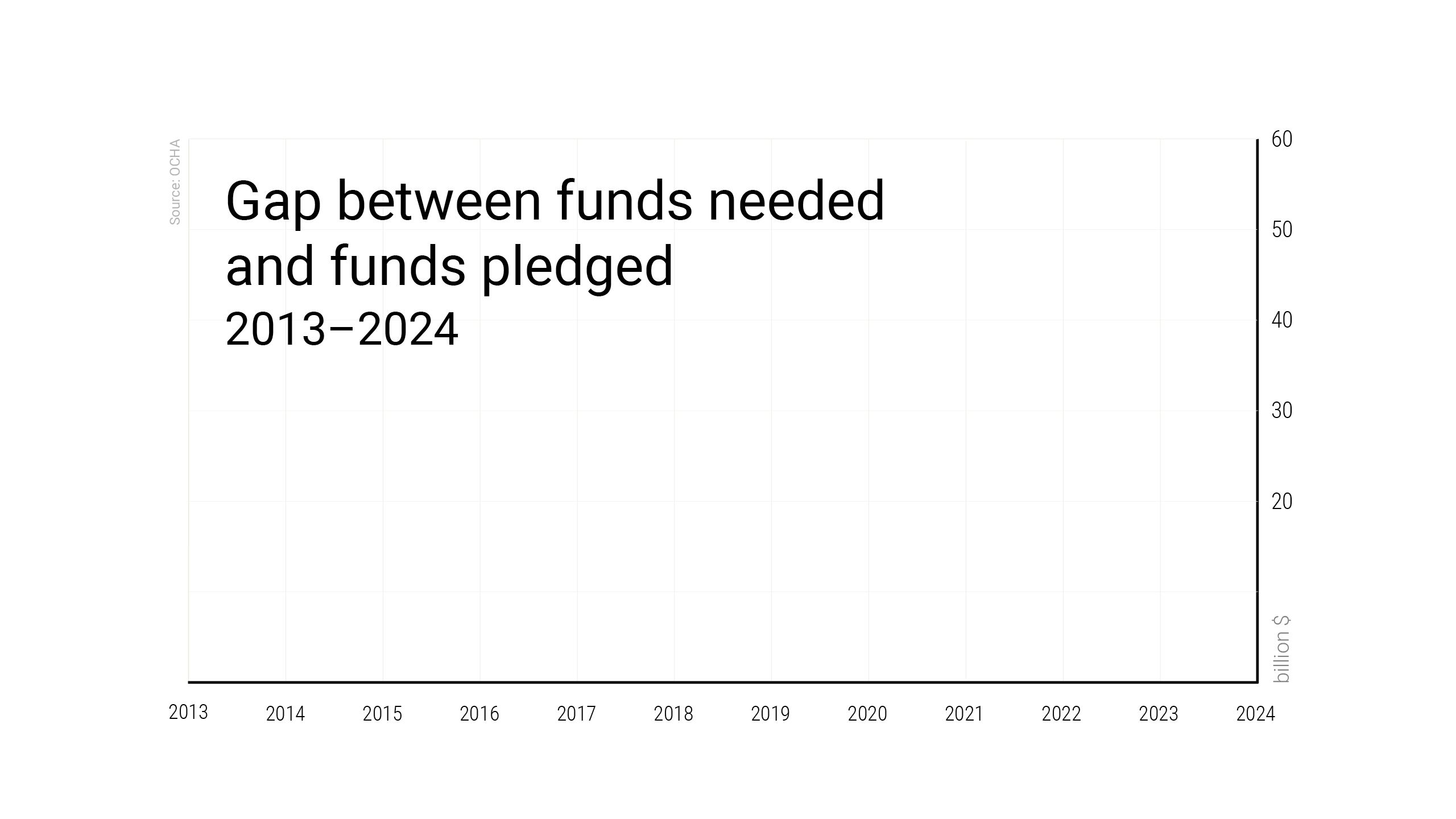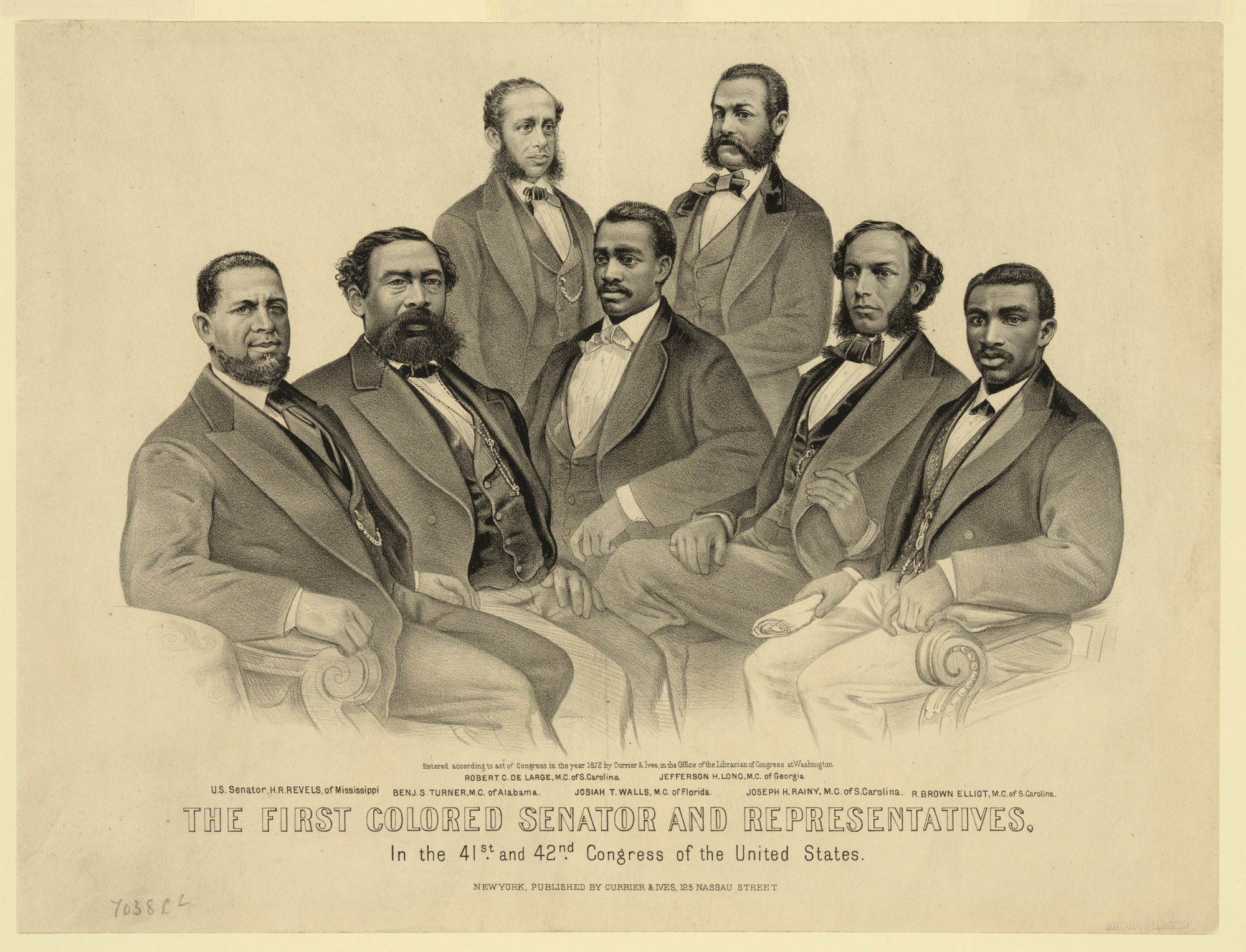Report on Geopolitical Pressures Impeding International Justice and Sustainable Development Goal 16
Executive Summary
The International Criminal Court (ICC) has faced a year of unprecedented institutional challenges, significantly undermining its mandate and threatening the progress of Sustainable Development Goal 16 (SDG 16), which promotes peace, justice, and strong institutions. This report details the external pressures, including sanctions and political interference, aimed at obstructing the Court’s investigations, particularly concerning the situation in Palestinian territory. These actions represent a direct assault on the principles of international law and the global commitment to ensuring accountability for the most serious crimes.
Challenges to Institutional Integrity and the Rule of Law
The operational capacity and judicial independence of the ICC have been severely tested. These challenges are in direct opposition to the objectives outlined in SDG 16, which calls for effective, accountable, and inclusive institutions at all levels.
- Sanctions Against Judiciary: The United States imposed sanctions on four ICC judges and Chief Prosecutor Karim Khan, a measure that directly attacks the institution’s personnel and judicial autonomy.
- Political Interference: Significant pressure has been exerted by Washington on ICC state parties to prevent the execution of arrest warrants and halt ongoing investigations.
- Targeted Obstruction: The primary objective of this interference is the annulment of arrest warrants issued on November 21, 2024, against Israeli officials, including Prime Minister Benjamin Netanyahu and former Defense Minister Yoav Gallant, and the closure of the investigation into crimes committed on Palestinian territory.
Case Focus: Investigation ICC-01/18 and its Relevance to SDG 16
The most contentious case before the court, ICC-01/18, exemplifies the nexus between international justice and sustainable peace. The investigation, overseen by lawyers Andrew Cayley and Brenda Hollis, is critical for upholding SDG 16.3, which aims to ensure equal access to justice for all. The scope of the investigation includes:
- Crimes allegedly committed by Israeli forces within the Gaza Strip and the West Bank.
- Crimes allegedly perpetrated by Hamas, including hostage-taking, during the events of October 7, 2023, in southern Israel.
The immense pressure surrounding this case, described by lead counsel as profoundly difficult, highlights the fragility of international legal mechanisms when confronted with powerful state interests, thereby jeopardizing the very foundation of SDG 16.
Conclusion: Implications for the 2030 Agenda for Sustainable Development
The campaign against the ICC constitutes a grave threat to the international legal order and the broader 2030 Agenda. By seeking to paralyze a key institution of global justice, these actions undermine the collective pursuit of a world free from impunity.
- SDG 16 (Peace, Justice and Strong Institutions): The pressure on the ICC directly contravenes the goal of building effective and accountable institutions and promoting the rule of law at the international level.
- Prerequisite for All SDGs: The absence of justice and the prevalence of conflict create conditions that make achieving other SDGs—such as No Poverty (SDG 1), Zero Hunger (SDG 2), and Good Health and Well-being (SDG 3)—impossible. Upholding the integrity of the ICC is therefore essential for sustainable development worldwide.
1. Which SDGs are addressed or connected to the issues highlighted in the article?
-
SDG 16: Peace, Justice and Strong Institutions
The article is fundamentally about the struggle for international justice and the integrity of institutions designed to uphold it. It details the work of the International Criminal Court (ICC), a key institution for global justice, as it investigates serious crimes. The pressure, sanctions, and threats from the United States against the ICC’s prosecutor and judges directly challenge the strength and independence of this institution, which is a core theme of SDG 16.
2. What specific targets under those SDGs can be identified based on the article’s content?
-
Target 16.3: Promote the rule of law at the national and international levels and ensure equal access to justice for all.
The article directly relates to this target by focusing on the ICC’s mandate to apply the rule of law internationally. The investigation into “crimes committed by Israelis in the Gaza Strip and the West Bank, as well as those perpetrated by Hamas,” and the subsequent issuance of arrest warrants against figures like “Benjamin Netanyahu and former defense minister Yoav Gallant,” are explicit attempts to ensure that justice is applied regardless of political power, thereby promoting the rule of law at the international level.
-
Target 16.1: Significantly reduce all forms of violence and related death rates everywhere.
While the article focuses on the judicial response to violence, its subject matter—investigating crimes such as those in the Gaza Strip and the hostage-taking on October 7, 2023—is intrinsically linked to addressing and deterring severe forms of violence. By seeking to hold perpetrators accountable, the ICC’s actions aim to create a deterrent against future violence, contributing to the goal of its reduction.
-
Target 16.a: Strengthen relevant national institutions, including through international cooperation, to build capacity at all levels, in particular in developing countries, to prevent violence and combat terrorism and crime.
The ICC is a paramount international institution established to combat the most serious crimes of concern to the international community. The article highlights its function in investigating these crimes (case ICC-01/18). Furthermore, it underscores the challenges to international cooperation, citing the “US imposed sanctions on four judges and the chief prosecutor” and “pressure from Washington,” which directly threaten the strength and effectiveness of this key institution.
3. Are there any indicators mentioned or implied in the article that can be used to measure progress towards the identified targets?
-
Existence and functioning of independent international judicial institutions.
The article’s entire focus on the International Criminal Court (ICC) and its ongoing investigation (case ICC-01/18) serves as an indicator of the existence and operation of such a body, which is essential for Target 16.3.
-
Actions to ensure accountability for international crimes.
The article explicitly mentions the issuance of “arrest warrants against Israelis, including those targeting Benjamin Netanyahu and former defense minister Yoav Gallant.” This action is a direct and measurable indicator of the ICC’s efforts to ensure accountability for crimes, aligning with Target 16.3.
-
Challenges to the independence of judicial institutions.
The mention of “US imposed sanctions on four judges and the chief prosecutor” and “threats, intrigue, and pressure from Washington” serves as a negative indicator. It measures the extent to which the independence and functioning of international justice institutions are being undermined, which is relevant for assessing the robustness of the systems under Target 16.a.
4. SDGs, Targets and Indicators Table
| SDGs | Targets | Indicators |
|---|---|---|
| SDG 16: Peace, Justice and Strong Institutions | 16.1: Significantly reduce all forms of violence and related death rates everywhere. | The investigation by the ICC into violent crimes, including those in the Gaza Strip and by Hamas on October 7, 2023, as a mechanism to address and deter violence. |
| SDG 16: Peace, Justice and Strong Institutions | 16.3: Promote the rule of law at the national and international levels and ensure equal access to justice for all. | The issuance of arrest warrants by the ICC against political and military leaders (e.g., Benjamin Netanyahu, Yoav Gallant) to ensure accountability and uphold the international rule of law. |
| SDG 16: Peace, Justice and Strong Institutions | 16.a: Strengthen relevant national institutions, including through international cooperation, to build capacity… to prevent violence and combat… crime. | The existence of the ICC’s investigation (case ICC-01/18) as a functioning international body to combat crime. The imposition of sanctions and pressure by the US on ICC officials as a negative indicator of threats to the institution’s strength. |
Source: lemonde.fr







